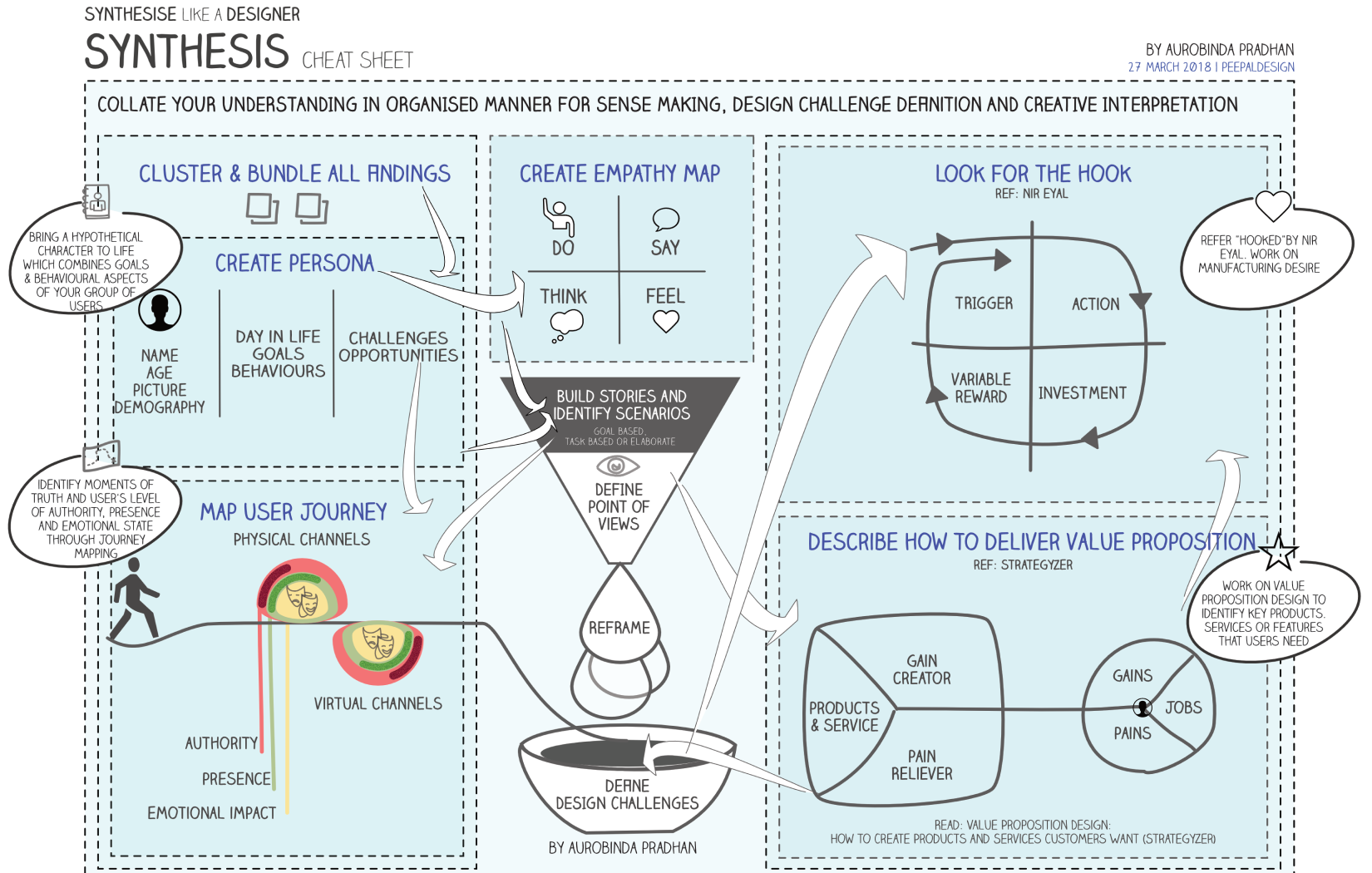Blogs
A Global Overview of Privacy Perceptions: Variations Across Developed and Emerging Economies
Srijani Samaddar
Posted On March 28, 2025

Across various global studies done at PeepalDesign, we see some interesting and diverse patterns emerging in different markets in terms of how users perceive privacy. Privacy perceptions vary significantly between users in developed economies like the US, UK, and Germany, and emerging economies such as India, Indonesia, and Brazil. These differences are largely shaped by factors such as cultural norms, technological adoption, socioeconomic conditions, and the level of exposure to technology and privacy-related issues. Let’s deep dive into some of these.
Privacy in Developed Economies: US, UK, and Germany
- Higher Awareness and Legal Protections: Users in developed countries tend to be more aware of their privacy rights owing to robust legal frameworks like the General Data Protection Regulation (GDPR) in Europe and the California Consumer Privacy Act (CCPA) in the US. These regulations provide users with more control over their personal data, promoting a heightened sense of privacy consciousness.
- Cultural Emphasis on Individual Rights: There is a stronger cultural emphasis on personal privacy and individual rights in these regions. Privacy is seen as an integral part of personal freedom and autonomy. As a result, users tend to be more cautious about sharing personal information and expect transparency and consent mechanisms from companies collecting their data.
- Increasing Concerns Over Surveillance and Data Security in the Public Domain: Users in these countries are often more concerned about data breaches, surveillance, and the potential misuse of personal data. The increasing amount of data collected through digital platforms — such as social media, ecommerce, communication and other mobile apps in general — has made privacy a critical issue. Consequently, privacy concerns are often discussed in the public sphere, and users tend to be more skeptical about how companies handle their personal information.
- Regulatory Compliance: Privacy laws are stricter, leading to a culture of compliance. Users expect organisations to adhere to these standards, ensuring transparency and secure handling of data.
Privacy in Emerging Economies: India, Indonesia, and Brazil
- Lower Awareness of Privacy Rights: Our consistent research endeavours indicate that users in emerging economies often have lower awareness of their privacy rights and data protection laws, partly due to lower digital literacy and fewer privacy discussions in the public sphere. While privacy is important, many users don’t fully understand the implications of data collection or how their personal information is used by companies.
- Different Cultural Attitudes: In many emerging economies, privacy is viewed less as an individual right and more as a collective or community matter. In countries like India, Brazil and Indonesia, cultural attitudes towards privacy are more flexible. The word ‘privacy’ in itself is often not spontaneously associated with technology but rather privacy in the personal domain, a huge contrast to developing economies. Social networks and digital services are often seen as a means to bridge social divides or access economic opportunities. Users in these regions also display more trust towards big tech companies owing to their size and popularity.
- Privacy Trade-offs for Convenience and Connectivity: In emerging economies, there is often a stronger emphasis on the immediate benefits that digital services provide—such as affordable communication, access to information, e-commerce opportunities, free or subsidised services. Users are more likely to accept data collection and surveillance in exchange for these conveniences.
- Limited Regulatory Frameworks: Privacy regulations in emerging economies are often underdeveloped or in progress. Countries like Brazil have implemented laws like the General Data Protection Law or LGPD similar to GDPR in Europe, but others, such as India, still lack comprehensive privacy protections, leading to a passive approach to privacy issues.
- Privacy Concerns in the Context of Economic and Digital Inequalities: In emerging economies, economic inequality and a lack of access to the digital infrastructure also plays a role in shaping privacy perceptions. A huge number of users in these regions are first time smartphone/internet users and have a limited understanding of digital privacy risks due to lower levels of exposure to technology. Additionally, concerns about affordability, access to basic needs, and economic stability overshadow privacy issues.
Conclusion
While privacy is important in both developed and emerging economies, cultural, economic, and regulatory factors shape how users perceive and prioritise it. Users in developed economies are generally more privacy-conscious and expect strong protections, while users in emerging economies prioritise the benefits of digital access over privacy. However, as instances of privacy violations increase by the day in emerging economies as well in the form of data breaches, unwanted contact, online scams and financial frauds, users are gradually becoming more aware and expecting more protection and accountability from concerned authorities. Understanding these regional nuances is particularly crucial for UX researchers and designers to ensure privacy is respected and upheld across diverse user bases.


